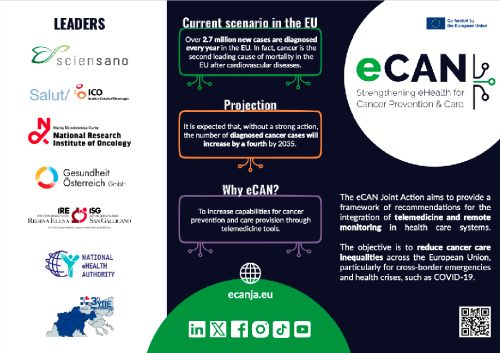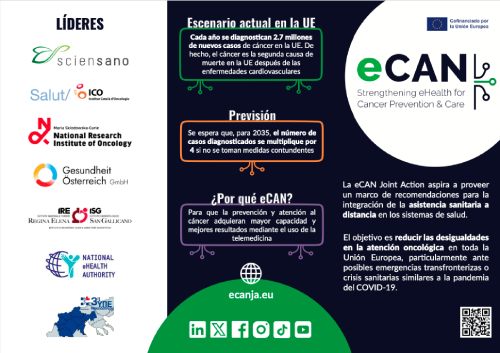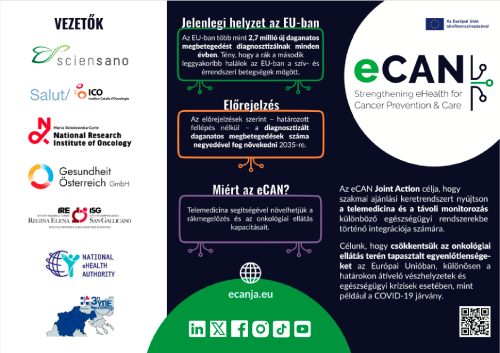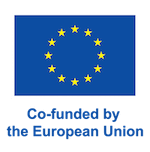Health data and computer-based analytical tools are more interconnected than ever thanks to digitalisation. In this context, the EU holds a unique position to maximise potential synergies and pool scientific knowledge, data and computing power together in order to develop innovative and personalised solutions for cancer care and prevention.
Taking action in this regard seems necessary to change current projections on diagnosed cancer cases, which are expected to increase by a fourth by 2035. Besides that, epidemic situations, such as COVID-19, have pointed out how crucial the usage of telemedicine and teleconsultation will become in the future. Another concern is that, across Europe, the possibility of receiving a timely cancer diagnosis and the chance of survival differs considerably because of inequalities in preventive policies, access to state-of-the art diagnostics, treatments and experienced care.
This paradigm highlights the need to harmonize telemedicine regulations and to explore the efficacy of teleconsultation programmes and telemonitoring in the cancer field. The eCAN aims to address these needs by providing a framework of recommendations for the integration of telemedicine and remote monitoring in health care systems. The main objective is to reduce cancer care inequalities across the European Union and to improve effectiveness, efficiency and quality in the prevention and cancer care, particularly for cross-border emergencies and health crises, such as COVID-19.
